Homepage
Home
50th Anniversary Alumni Awards Nomination
The Alumni Awards are to recognize those former students who have made significant contributions to society and are regarded as good role models for students.
Award Criteria
The Committee will review the nominations and select those well-qualified candidates based on the following criteria.
For Distinguished Alumni Awards:
- Alumni of the Electronic Engineering;
- Have shown significant achievements that distinguish themselves amongst their professional peers;
- Are regarded as good role models for students;
- Have made good contributions to the advancement of technology and/or betterment of society.
For Young Alumni Awards:
- Alumni of the Electronic Engineering under age 40;
- Have shown achievements that distinguish themselves amongst their professional peers;
- Are regarded as good role models for students;
- Have made good contributions to the advancement of technology and/or betterment of society.
Click here to download the nomination form
4 Colleagues and students from the Department of Electronic Engineering, are awarded in Annual Faculty Awards Presentation 2020 held on 5th June 2021 (Saturday) to recognize their outstanding performances in research and teaching.
Below is the list and congratulations to all awardees!
Research Excellence Award 2018-19 – Prof. Zhao Ni
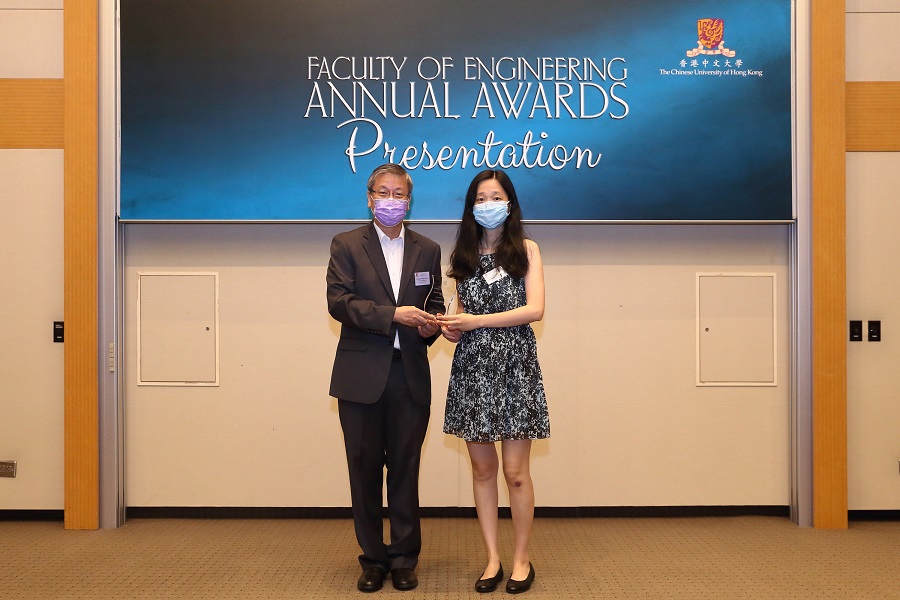
Dean’s Exemplary Teaching Award 2019 & 2020 – Mr. Yip Kim Fung Frankie
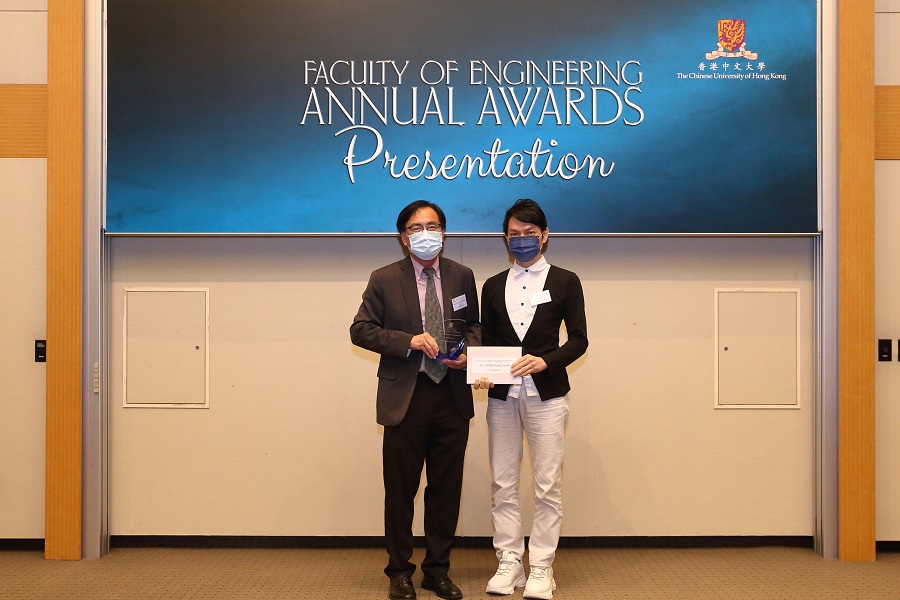
Outstanding Tutors Award 2019 – Miss Zhang Honghui (PhD student in Electronic Engineering)

Outstanding Tutors Award 2020 – Mr. Lau Chung Yin (MPhil student in Electronic Engineering)
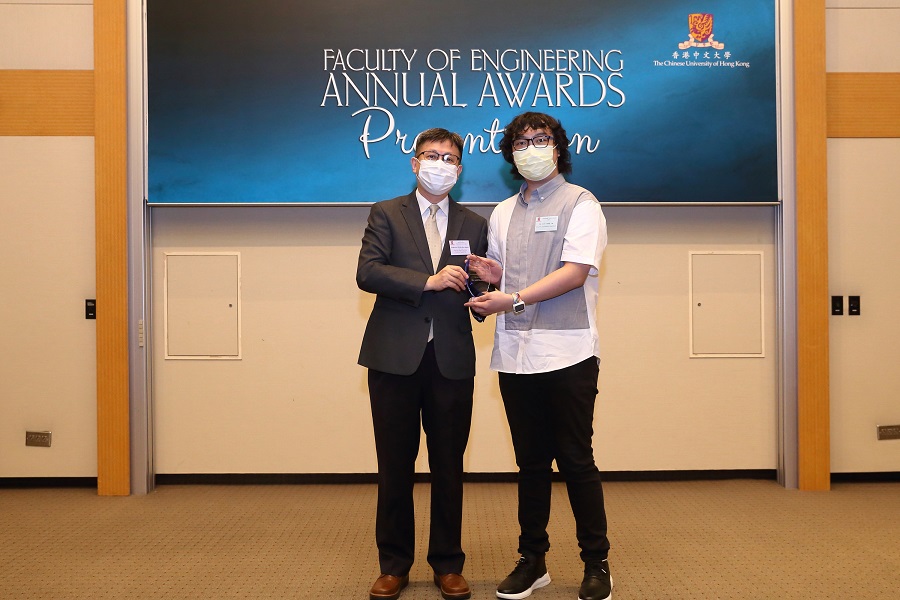
CUHK researchers discover a new degree of freedom in nanomechanical topological insulators and publish in Nature Nanotechnology
Researchers in Department of Electronic Engineering, The Chinese University of Hong Kong (CUHK) have discovered a new degree of freedom in nanomechanical topological insulators. In their paper titled “Nanomechanical topological insulators with an auxiliary orbital degree of freedom” published in Nature Nanotechnology on 19 April 2021, they introduced a synthetic orbital degree of freedom in nanomechanical topological insulators, which for the first time enables arbitrary manipulation of topological phases on a chip. They further experimentally realized topological phase transition between distinct topological edge states, and demonstrated zero-dimensional Dirac-vortex states by winding topological phase along the angular direction.
Topological insulators are a new phase of matter studied intensely in recently years, but only the spin degree of freedom has been exploited. The orbital degree of freedom constituting another fundamental attribute in crystals has seldom been investigated. This is because manipulation of orbitals in topological insulators is quite challenging as it requires careful consideration of crystalline symmetry. Researchers from Prof. Xiankai Sun’s group in Department of Electronic Engineering, CUHK have made a fundamental breakthrough and experimentally realized a nanomechanical topological insulator with an auxiliary orbital degree of freedom. This has enabled topological insulators with arbitrary polarization phases and also allows for their smooth transition on an integrated photonic or phononic platform. As a result, many exotic topological states with unconventional functionalities can be realized, facilitating the development of topological integrated circuits with enhanced functionality and scalability.
Figures 1a and 1b show optical microscope images of the integrated nanomechanical crystal, whose orbital states can be controlled by the geometric parameters shown in Fig. 1b. The geometric parameters form a 2D parameter space (Fig. 1c), where the orbital states are determined by angle θ. Varying θ gradually along the propagation direction (Fig. 1d) can result in adiabatic transition between different topological edge states with the orbital degree of freedom. Figure 1e shows the measured spatial distribution of elastic waves propagating along the interface between regions I and II in Fig. 1d, which verifies smooth transition between distinct topological edge states.
Figure 2a shows an optical microscope image of the device for demonstrating topological Dirac-vortex state. Figures 2b and 2c show the simulated and measured modal profile of the Dirac-vortex state, respectively. Figure 2d shows the concept of generalized 3D space to realize the Dirac-vortex states, and Fig. 2e shows the corresponding measured modal profiles of the Dirac-vortex states.
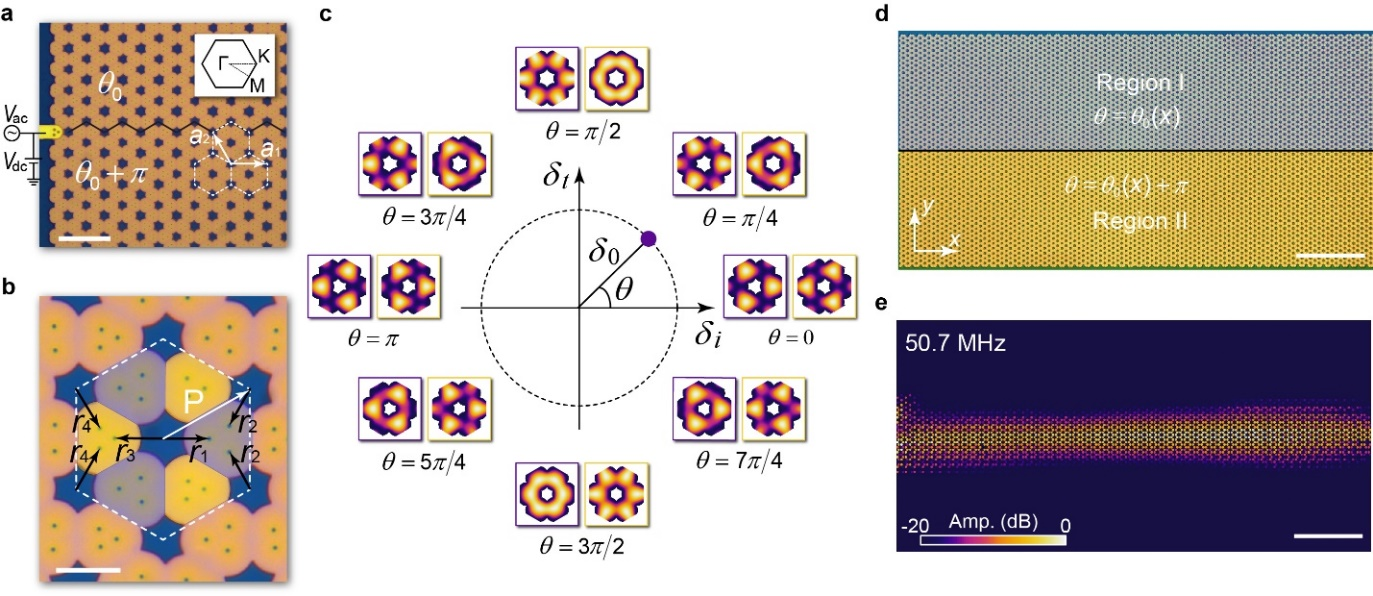
Fig. 1. Topological nanomechanical crystals with an auxiliary orbital degree of freedom and topological edge-state phase transition.
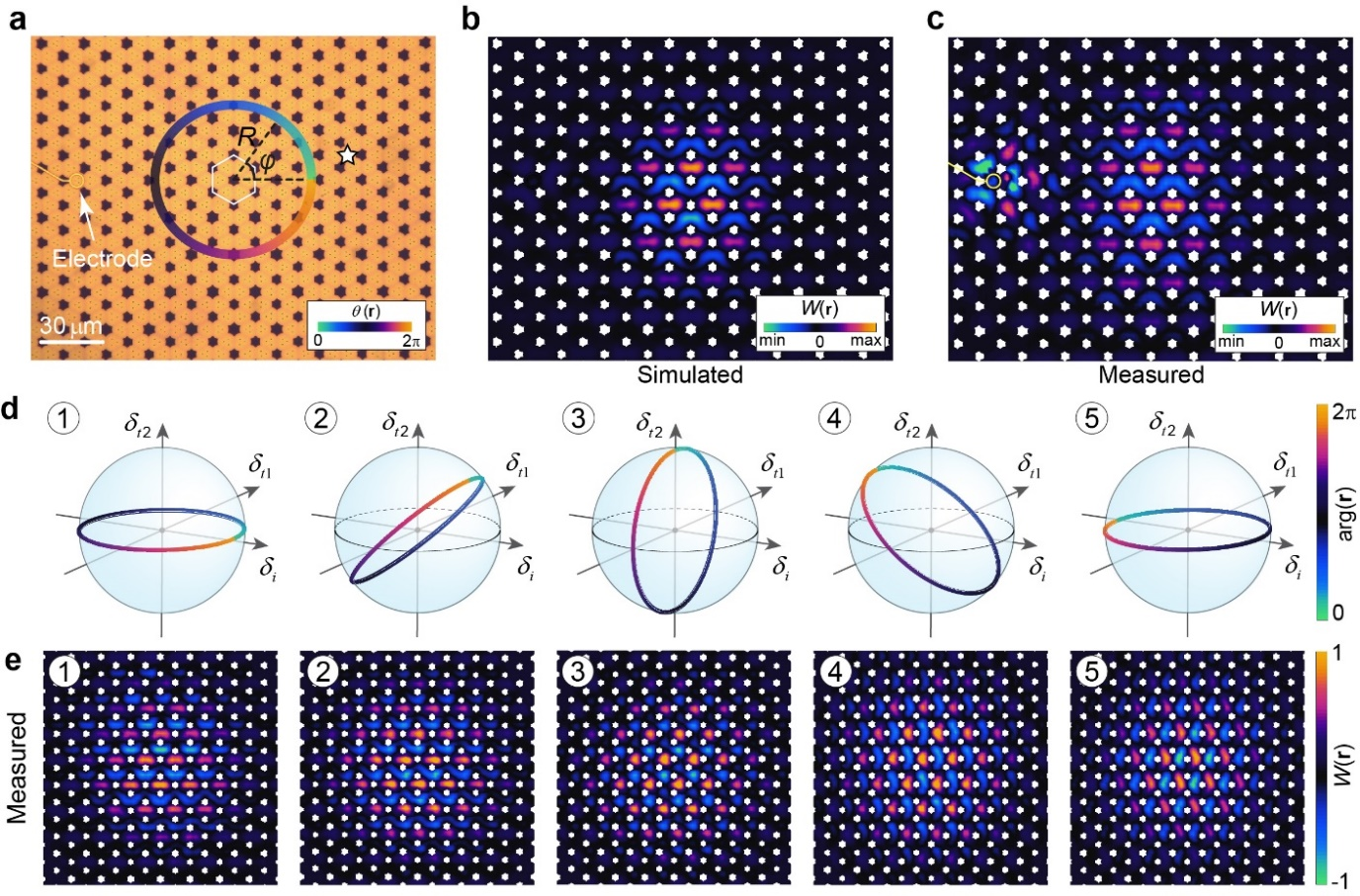
Fig. 2. Nanomechanical Dirac-vortex states.
Relevant information
- Jingwen Ma, Xiang Xi, Yuan Li, and Xiankai Sun, “Nanomechanical topological insulators with an auxiliary orbital degree of freedom,” Nature Nanotechnology 16 (5): 576–583, May 2021. https://doi.org/10.1038/s41565-021-00868-6
- Nature Nanotechnology (https://www.nature.com/nnano/) is an interdisciplinary journal that publishes papers of the highest quality and significance in all areas of nanoscience and nanotechnology.
- Prof. Xiankai Sun’s Photonic and Optomechanical Nanodevice Laboratory. http://www.ee.cuhk.edu.hk/~xksun/
Prof. Zhao has been awarded an ITF Guangdong-Hong Kong Technology Cooperation Funding Scheme (TCFS).
Congratulations!
Project Title: Development of a light-guided wet etching system for high-throughput fabrication of nano- and micro-structures in semiconductors
Principal Investigator: Prof. ZHAO, Ni
Project Amount: HKD 1,979,955
CUHK Programme Exploration Days for 2021 JUPAS Applicants (PED 2021)
The Department of Electronic Engineering will organize online live event during the CUHK Programme Exploration Days to provide the opportunity for 2021 JUPAS Applicants to explore our undergraduate programme (JUPAS code: JS4434) and admission information. Details are as follows:
| Electronic Engineering Programme Talk | |
| Date: | 25 May 2021 (Tuesday) |
| Language: | Cantonese |
| Session 1 | |
| Time: | 10:00 - 11:00am |
| Speaker: | Prof. Pun Kong Pang |
| Session 2 | |
| Time: | 12:00nn - 1:00pm |
| Speaker: | Mr. Frankie Yip |
| Registration by 23 May 2021: | Meeting Registration - Zoom |
| CUHK Programme Exploration Days 2021: | CUHK Programme Exploration Days for JUPAS Applicants |
| Enquiries: | Miss Jasmine Yip (Email住址會使用灌水程式保護機制。你需要啟動Javascript才能觀看它/39438448) |



